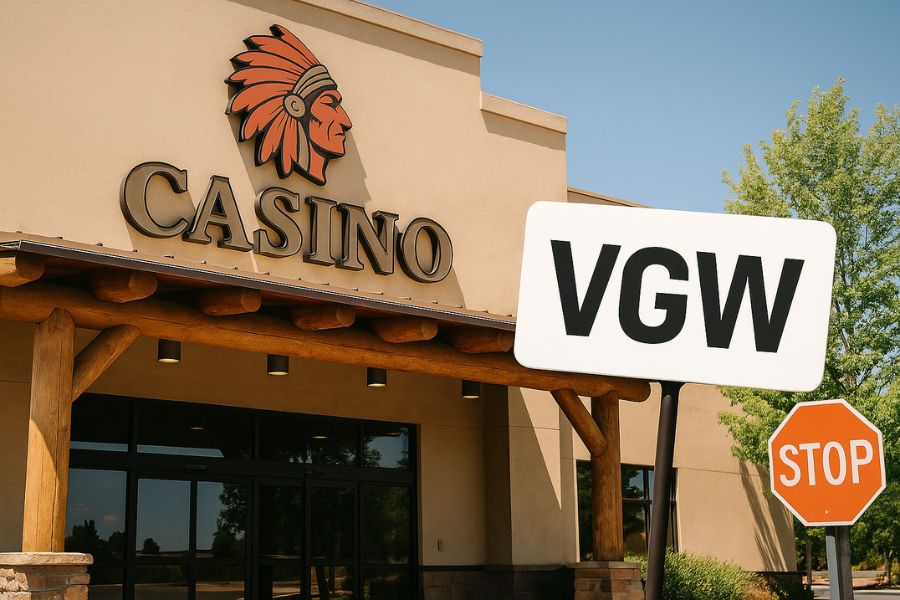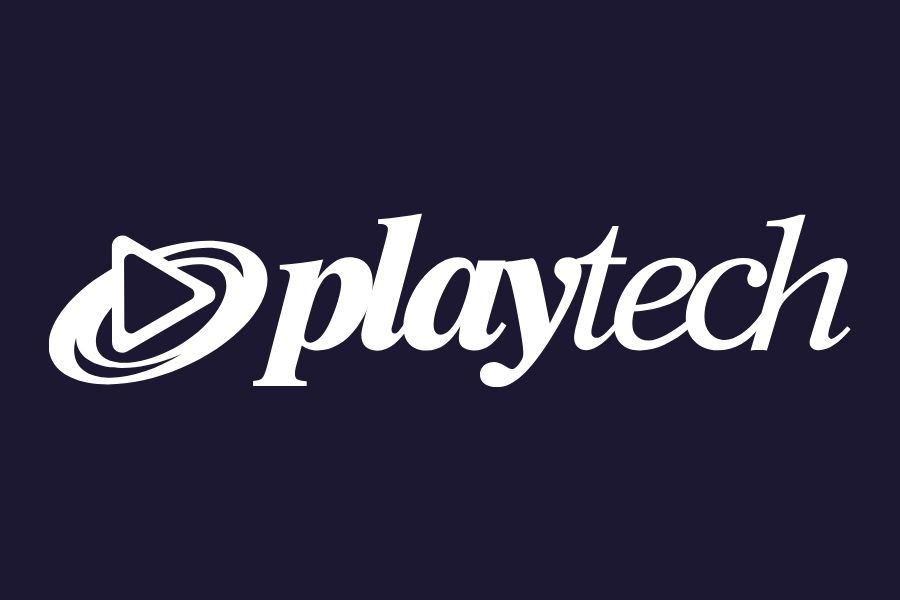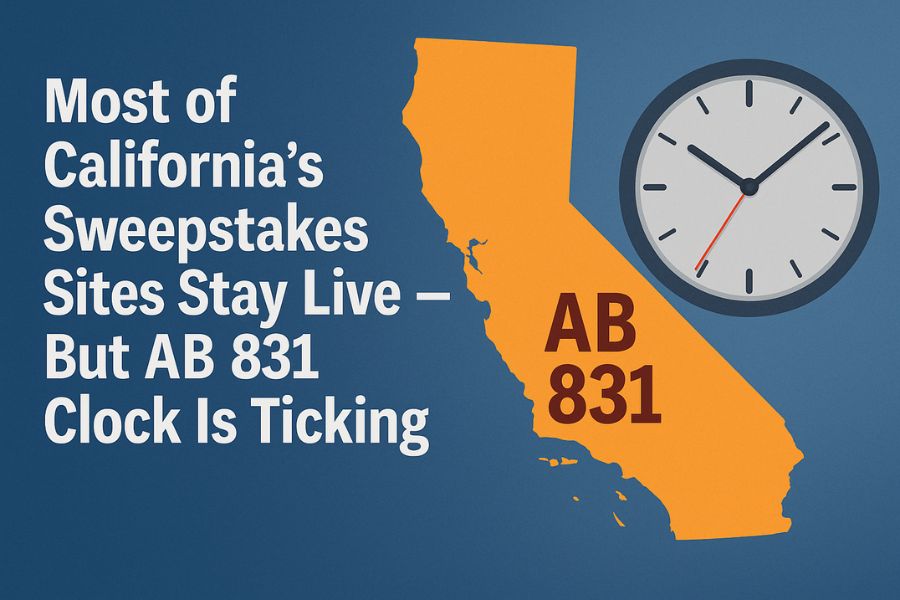The deal aims to bring sweepstakes gaming tied to the tribe to California, even as state lawmakers consider a bill that could restrict the model.
Tribal leaders say the partnership will help fund essential programs and create jobs, while they urge legislators to regulate—not ban—the space.
The announcement came the same week the Senate Appropriations Committee placed a proposed ban on sweeps-style casinos into its “Suspense File,” delaying immediate action and keeping the debate alive in Sacramento.
What the Partnership Means
Under the agreement, the tribe and VGW plan to offer social, free-to-play games that use a sweepstakes casino model to award prizes. Players obtain standard in-game coins for entertainment and separate sweepstakes entries that can be redeemed for potential cash prizes.
This setup is already common on well-known VGW brands like Chumba Casino, LuckyLand Slots, and Global Poker, which run under a dual-currency system designed to stay within US laws.
While this is not traditional real-money gambling, it is a fast-growing sector that attracts millions of users nationwide.
Tribal officials describe the deal as a way to diversify revenue for a community that is far from major tourist hubs. They note that digital operations can reach players statewide and support services such as health care, housing, education, and food security on the rancheria.
With roughly a few hundred enrolled citizens, leaders argue that internet-based ventures help smaller nations compete with larger, destination-driven casinos elsewhere in the state.
The tribe’s economic development arm, KEDA, has publicly supported online opportunities that can be launched responsibly and safely.
For VGW, the partnership signals a deeper commitment to working with sovereign tribal governments while expanding access in California. Aligning with a federally recognized tribe can bring local stewardship, compliance focus, and community investment.
It also creates a clearer public-policy conversation about how to oversee social casino products that already have a large footprint across the US.
The Legislative Backdrop: Ban or Regulate?
At the same time, California lawmakers are weighing AB831, a bill aimed at restricting sweepstakes casinos that use dual-currency systems.
On Aug. 18, the Senate Appropriations Committee moved the measure to its “Suspense File,” a holding category for bills with significant fiscal impact. That move means there’s no immediate floor vote, and stakeholders will continue lobbying as fiscal and policy questions are reviewed.
Supporters of the bill, including major tribal gaming groups, say the model looks too much like unregulated online gambling and should be curtailed.
The Kletsel Dehe Wintun Nation has taken the opposite stance. Through KEDA, the tribe urged senators to reject a blanket ban and consider a regulatory and tax framework instead.
Tribal representatives testified that smaller, rural nations need online pathways to raise funds for critical services. Industry groups backing regulation say oversight could protect consumers, maintain jobs, and generate new revenue for the state without expanding traditional real-money gambling.
Opponents of a ban also point to reported economic benefits from vendors, payroll, and marketing tied to sweeps-style operations already serving Californians.
What comes next depends on the legislature’s timetable and negotiations among tribes, state leaders, and social gaming operators. For now, the VGW-Kletsel Dehe agreement positions the tribe to move forward if the legal environment remains open—or to adapt under a future regulatory model.
Either way, the partnership underscores a broader policy question: how California will balance innovation, tribal economic development, and player protections in the fast-moving sweepstakes casino market.




